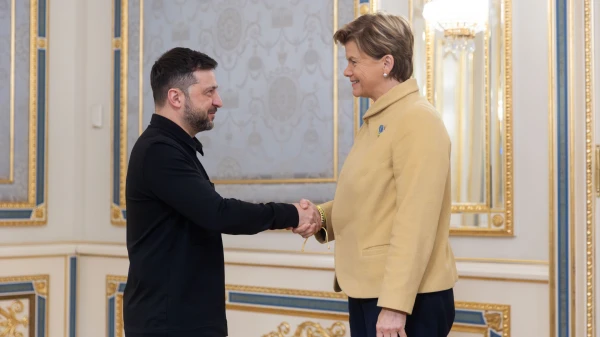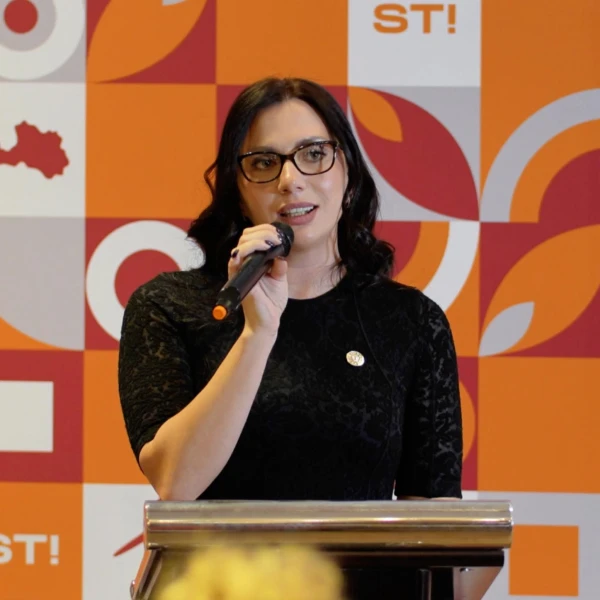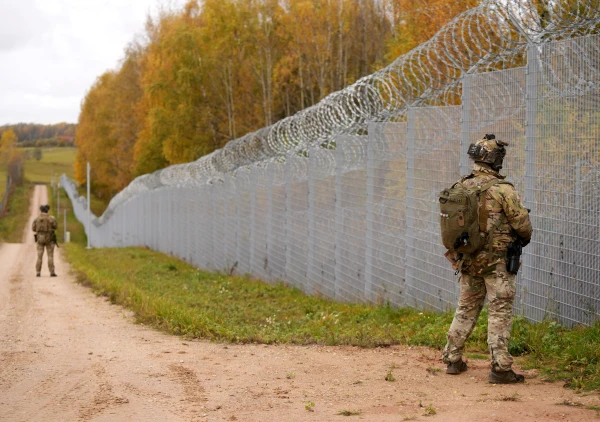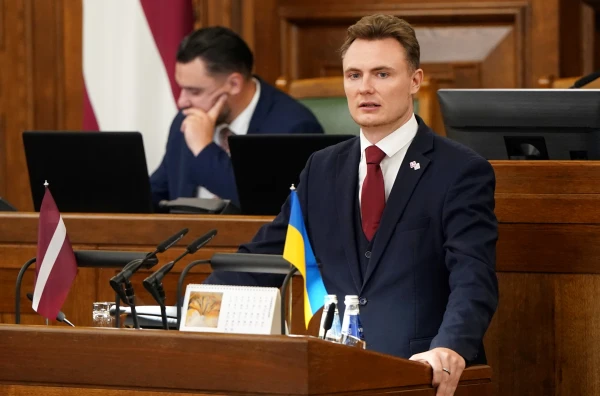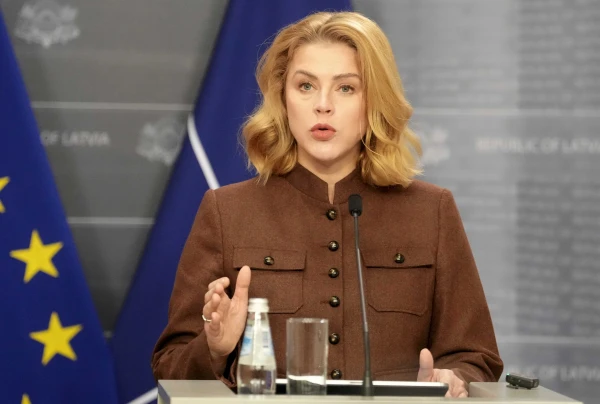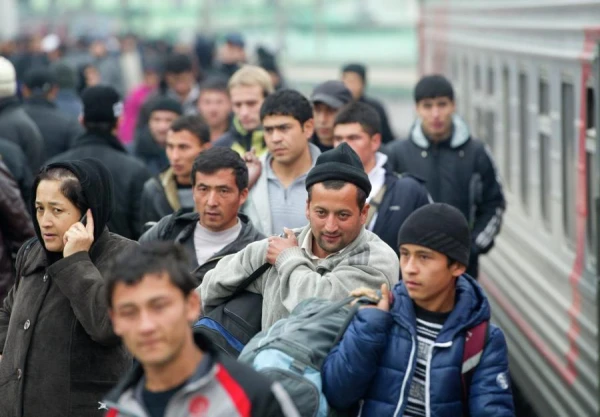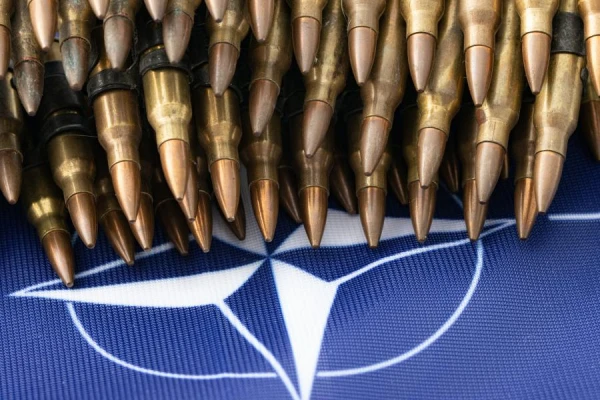
The Ministry of Transport is developing a draft order from the Cabinet of Ministers to cease regular passenger transport to the aggressor countries - Russia and Belarus, the Progressive party reported to the LETA agency.
On Thursday, the Saeima rejected a request from the National Alliance deputies to Minister of Transport Aitis Švinka regarding "Public Passenger Transport to the Aggressor Countries Russia and Belarus."
Švinka emphasized that he has already begun systematic work to reduce risks - including by refusing to extend licenses, halting irregular flights, and initiating the process of suspending regular passenger transport.
The minister reminded that there are three types of passenger transport in Latvia: irregular passenger transport (on demand), regular passenger transport (on a schedule), and irregular passenger transport transiting through the territory of Latvia.
Irregular passenger transport to aggressor countries - both direct and transit - has been banned since November 1 of this year. The ban applies to all carriers, regardless of their legal status or the country of registration of the vehicle.
Regarding the cessation of regular transport (currently, flights to Russia operate on three routes and another three routes to Belarus), the minister noted that a draft order from the Cabinet of Ministers is being developed. This document is necessary to impose restrictions on international regular passenger transport by buses, as well as to annul existing permits or refuse to extend their validity.
Švinka explained that the Cabinet's order will be based on security considerations and will provide for the possibility of revising the decision in case the situation changes. However, to avoid financial losses for the state, the document must be prepared in a legally impeccable manner.
For a long-term solution, the Ministry of Transport sees the need to change the regulation of legal acts, including a security risk assessment in the list of grounds for restricting or suspending the issuance of permits.
Furthermore, Švinka noted that Lithuania currently operates 29 regular international bus routes to Russia and Belarus, while Estonia only has transit flights, primarily to St. Petersburg. According to the minister, a unified and coordinated approach among the Baltic States and the European Union regarding restrictions on passenger transport is necessary for the measures implemented to have a long-term effect and genuinely contribute to enhancing security in the region.
It was previously reported that the opposition National Alliance submitted a request to the Saeima to Minister of Transport Švinka, demanding clarification on the actions of the government and the Ministry of Transport, which still allow public passenger transport to Russia and Belarus.

